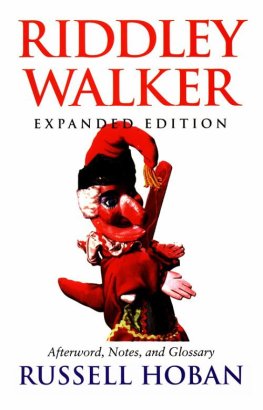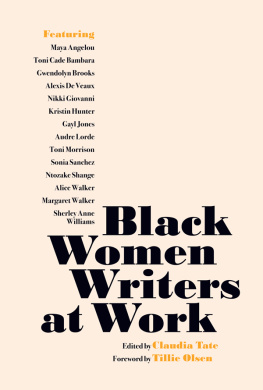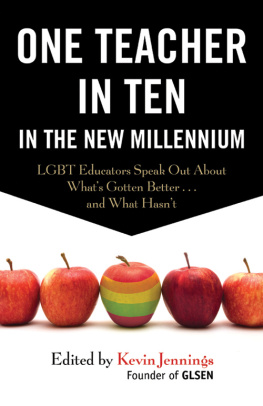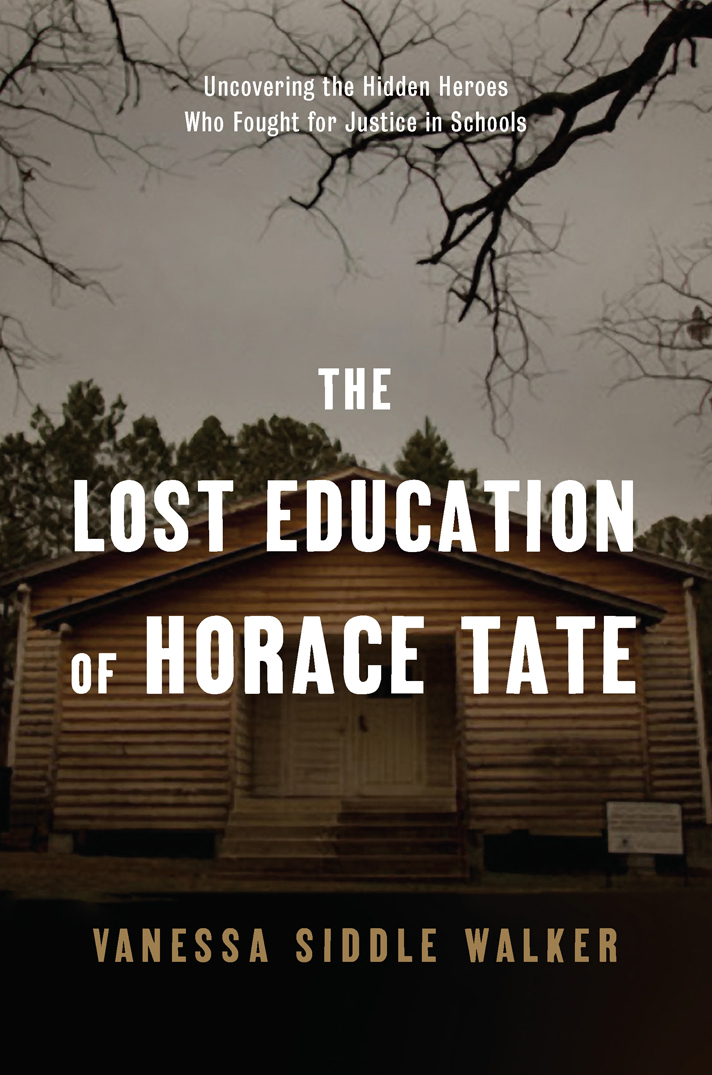Vanessa Siddle Walker - The Lost Education of Horace Tate: Uncovering the Hidden Heroes Who Fought for Justice in Schools
Here you can read online Vanessa Siddle Walker - The Lost Education of Horace Tate: Uncovering the Hidden Heroes Who Fought for Justice in Schools full text of the book (entire story) in english for free. Download pdf and epub, get meaning, cover and reviews about this ebook. year: 2018, publisher: The New Press, genre: Detective and thriller. Description of the work, (preface) as well as reviews are available. Best literature library LitArk.com created for fans of good reading and offers a wide selection of genres:
Romance novel
Science fiction
Adventure
Detective
Science
History
Home and family
Prose
Art
Politics
Computer
Non-fiction
Religion
Business
Children
Humor
Choose a favorite category and find really read worthwhile books. Enjoy immersion in the world of imagination, feel the emotions of the characters or learn something new for yourself, make an fascinating discovery.

- Book:The Lost Education of Horace Tate: Uncovering the Hidden Heroes Who Fought for Justice in Schools
- Author:
- Publisher:The New Press
- Genre:
- Year:2018
- Rating:5 / 5
- Favourites:Add to favourites
- Your mark:
The Lost Education of Horace Tate: Uncovering the Hidden Heroes Who Fought for Justice in Schools: summary, description and annotation
We offer to read an annotation, description, summary or preface (depends on what the author of the book "The Lost Education of Horace Tate: Uncovering the Hidden Heroes Who Fought for Justice in Schools" wrote himself). If you haven't found the necessary information about the book — write in the comments, we will try to find it.
An important contribution to our understanding of how ordinary people found the strength to fight for equality for schoolchildren and their teachers.
Wall Street Journal
In the epic tradition of Eyes on the Prize and with the cultural significance of John Lewiss March trilogy, an ambitious and harrowing account of the devoted black educators who battled southern school segregation and inequality
For two years an aging Dr. Horace Tatea former teacher, principal, and state senatortold Emory University professor Vanessa Siddle Walker about his clandestine travels on unpaved roads under the cover of night, meeting with other educators and with Dr. King, Georgia politicians, and even U.S. presidents. Sometimes he and Walker spoke by phone, sometimes in his office, sometimes in his home; always Tate shared fascinating stories of the times leading up to and following Brown v. Board of Education. Dramatically, on his deathbed, he asked Walker to return to his office in Atlanta, in a building that was once the headquarters of another kind of southern strategy, one driven by integrity and equality.
Just days after Dr. Tates passing in 2002, Walker honored his wish. Up a dusty, rickety staircase, locked in a concealed attic, she found the collection: a massive archive documenting the underground actors and covert strategies behind the most significant era of the fight for educational justice. Thus began Walkers sixteen-year project to uncover the network of educators behind countless battlesin courtrooms, schools, and communitiesfor the education of black children. Until now, the courageous story of how black Americans in the South won so much and subsequently fell so far has been incomplete. The Lost Education of Horace Tate is a monumental work that offers fresh insight into the southern struggle for human rights, revealing little-known accounts of leaders such as W.E.B. Du Bois and James Weldon Johnson, as well as hidden provocateurs like Horace Tate.
Vanessa Siddle Walker: author's other books
Who wrote The Lost Education of Horace Tate: Uncovering the Hidden Heroes Who Fought for Justice in Schools? Find out the surname, the name of the author of the book and a list of all author's works by series.












